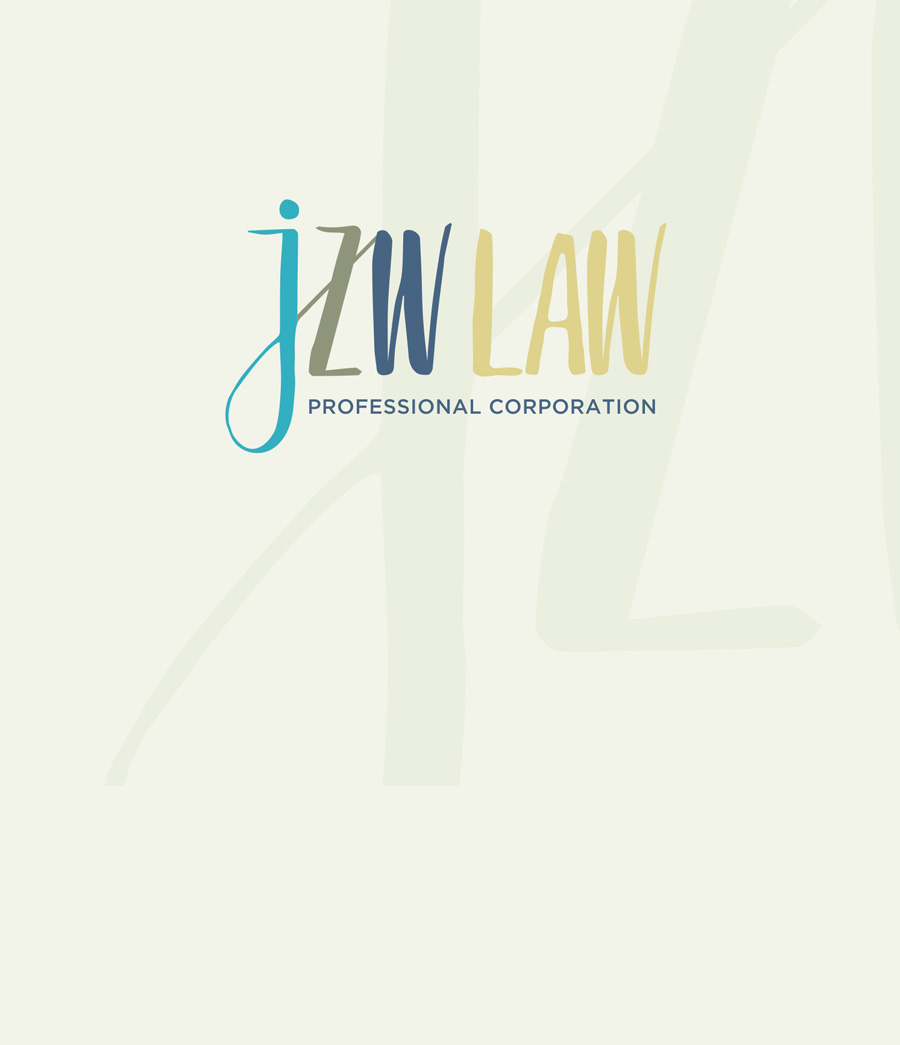
Getting a divorce in Toronto? Don’t let these five common misconceptions ruin your future.
Divorce is undoubtedly one of the most challenging experiences in life. In this period of emotional turmoil and uncertainty, various rumors and widespread misunderstandings often exacerbate an already complicated situation, leading you to make wrong decisions and causing irreparable economic and emotional losses.
At JZW Law Firm, we’ve seen far too many clients go astray because of these misconceptions. Today, we’ll reveal the five most common misconceptions about divorce proceedings in Toronto and show you how to protect your rights with professional legal guidance.
Myth 1: "I must prove that my partner is at fault (such as having an affair) in order to get a divorce and receive more property."
The truth:
This is one of the most misleading claims. Canada operates on a “no-fault divorce” system. This means you don’t need to prove to the court that either party is “at fault” for the breakdown of the marriage. The most common and only ground for divorce is that the couple has been separated for at least one year.
When dealing with property division or spousal support, judges typically do not consider who is responsible for the termination of the marriage. Getting bogged down in who is right and who is wrong will not only significantly increase your legal fees and time costs, but will also exacerbate the conflict between the parties, making a peaceful resolution seem increasingly unlikely.
JZW Law’s advice: Instead of wasting energy on blaming others, focus with the help of a lawyer on the legal factors that truly impact financial outcomes, such as asset calculation, proof of income, and dependent needs. This is the wise and efficient strategy.
Myth 2: "We've been living together for many years, so when we break up, it's the same as a divorce, with each person getting half of their assets."
The truth:
This is a huge misconception. In Ontario, “common-law partners” and “married spouses” are subject to completely different laws regarding the division of property.
- Married spouses: The “Net Family Property” system under the Family Law applies. Simply put, the increase in assets accumulated during the marriage should, in principle, be divided equally.
- Cohabiting partners: The property division system does not automatically apply. Upon separation, property typically belongs to the party whose name is on the title deed. If the other party wishes to claim a share, they must pursue complex legal avenues such as “unjust enrichment” or “trusts,” which are difficult to prove and have uncertain outcomes.
JZW Law’s advice: If you are in a cohabitation relationship, a clear Cohabitation Agreement is essential. If you are ending a long-term cohabitation relationship, seeking legal advice immediately to understand your rights to claim a portion of the property is crucial.
Myth 3: "All property must be divided strictly in a 50/50 split."
The truth:
The concept of “equal division” is far more complex than it sounds. The law stipulates that the “increased portion of family net worth” should be divided equally, not all assets. The following points are often overlooked:
- Exemptions for Certain Property: Property you owned before marriage, gifts received during the marriage from third parties, or inheritances may be exempt from division under certain conditions. However, these exemptions may be forfeited if handled improperly (e.g., depositing inheritances into a joint account).
- Debt calculation: Debts incurred during the marriage will also be included in the calculation and shared jointly.
- The value of the separation date: Property division is calculated based on the increase in assets from the date of marriage to the “separation date”.
JZW Law’s advice: Accurately calculating family net worth is an extremely specialized process involving asset valuation, financial document disclosure, and the proper application of legal provisions. Our lawyers will ensure that all your exemptions are protected and will rigorously scrutinize any disclosed assets to prevent any assets from being hidden or underestimated.
Myth 4: "If my partner doesn't agree, I can't get a divorce."
The truth:
One party’s “disagreement” cannot permanently prevent a divorce. As long as you can prove to the court that the two parties have indeed been separated for a full year, you can still unilaterally apply to the court and eventually obtain a divorce decree, even if the other party refuses to sign any documents or disagrees with the divorce.
Of course, if the other party is uncooperative, the whole process may become longer and more expensive. But ultimately, the law protects your right to end the marriage.
JZW Law’s advice: If you anticipate that your spouse may be uncooperative, it is crucial to involve a lawyer as early as possible. We can handle all legal proceedings on your behalf, counter any delaying tactics, and ensure your divorce petition progresses smoothly within the legal framework.
Myth 5: "We can find templates online to write separation agreements ourselves, which is the cheapest way."
The truth:
This is a classic example of “saving a little money but losing a lot of money.” A separation agreement that has not been reviewed by a lawyer, has vague terms, or does not comply with legal regulations may have the following fatal risks:
- Unenforceable: If the agreement is legally flawed (such as failing to adequately disclose financial information), it is likely to be overturned by the courts in the future.
- Waiver of rights: You may have unknowingly waived significant rights that should belong to you (such as pension division, spousal support, etc.).
- Future disputes: Ambiguous terms can sow the seeds of future conflicts, and the cost of resolving those conflicts will far exceed the initial cost of hiring a lawyer.
JZW Law’s advice: Hiring a lawyer to draft or review a separation agreement is one of the most important investments you can make for your future. We ensure your agreement is not only fair in the present but also stands the test of time, providing you with long-term legal protection and peace of mind.
Avoid common misconceptions and let professionals guide you.
Divorce is a path fraught with legal pitfalls. Every wrong decision can have a profound impact on your finances and family life.
Don’t let these common misconceptions dictate your choices. Before making any decisions or signing any documents, take the crucial first step—seek professional legal advice.
Contact JZW Law Firm immediately for a fully confidential initial consultation. Let us clear the fog for you, assess your situation, develop a clear action strategy, protect your legal rights, and help you steadily move into a new chapter in your life.
JZW Law Firm boasts a team of experienced lawyers fluent in both Chinese and English, providing professional legal services. We specialize in handling complex issues related to property division, corporate equity, trusts, and overseas assets. We offer initial consultations; please contact us for more information or to schedule a consultation.
最新文章
标签





